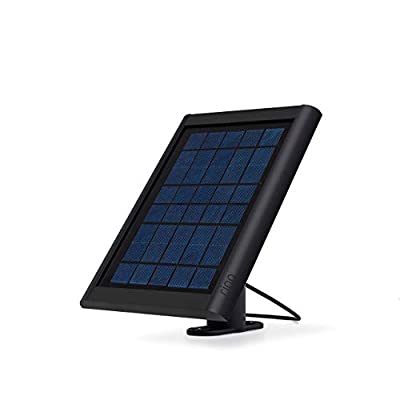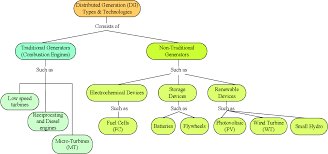
It is amazing to use a solar panel for electricity production. But you may be wondering how the panels will survive wet weather. Solar panels are made up of silicon cells which react to photons. This energy can then be converted into electricity.
You can make solar panels water-resistant but you must take extra precautions in order to keep them in good condition. At least three to four times annually, you should clean your solar panels. It is important to clean your panels regularly, especially if they are located in an area with a lot of dust and dirt.
Oil spillages and other chemicals can cause solar panels to become stained. If you live near an industrial area or in a home that is close to a garage, you may experience oil stains on your solar panels. You should not use strong detergents to clean the glass or damage the panel.

You can also protect your solar panels against the elements by investing in a waterproof design. Waterproof solar panels will have a polymer sheet on the back to protect your wiring from weather stress. A front sheet of waterproof glass is also included to protect your panels from the elements.
It's a good idea if you intend on using a portable sun panel. The installation and transport of portable solar panels is much easier than that of fixed solar panels and they can be used for all kinds outdoor activities. There are some manufacturers that don't offer portable solar panels that are waterproof. If you are experiencing heavy rain or snow, it is worth considering bringing your solar panel inside.
You should use a soft, damp cloth and a squeegee if you plan to clean your panels in the rain. This will allow you to achieve better results without putting your panels at risk. You can also use a nozzle for solar panels to be rinsed with lots of water. You may scratch your panels if you use a hard sponge, broom or other rough tools to clean them.
When you are cleaning your solar panels, you should also use environmentally friendly soaps. This is because chemicals can have a corrosive effect on solar panels.

Your panels can also be cleaned with a small amount detergent from a dishwasher. You can also use strong detergent if you don't have a dishwasher. However, be cautious. If you use too much detergent, you can cause a streak on the glass and a sudsy water on your panels.
A water-resistant design will also help you save on the cost of replacing your panels. Portable solar panels are more affordable, but if you do not have a waterproof cover, your panels will become damaged in wet weather.
You might also consider a solar hot water storage system. This would allow you to use excess solar energy to run an immersion heater in the summer. This is not a full-blown DHW solution, but it does make a good addition to your home's heating system.